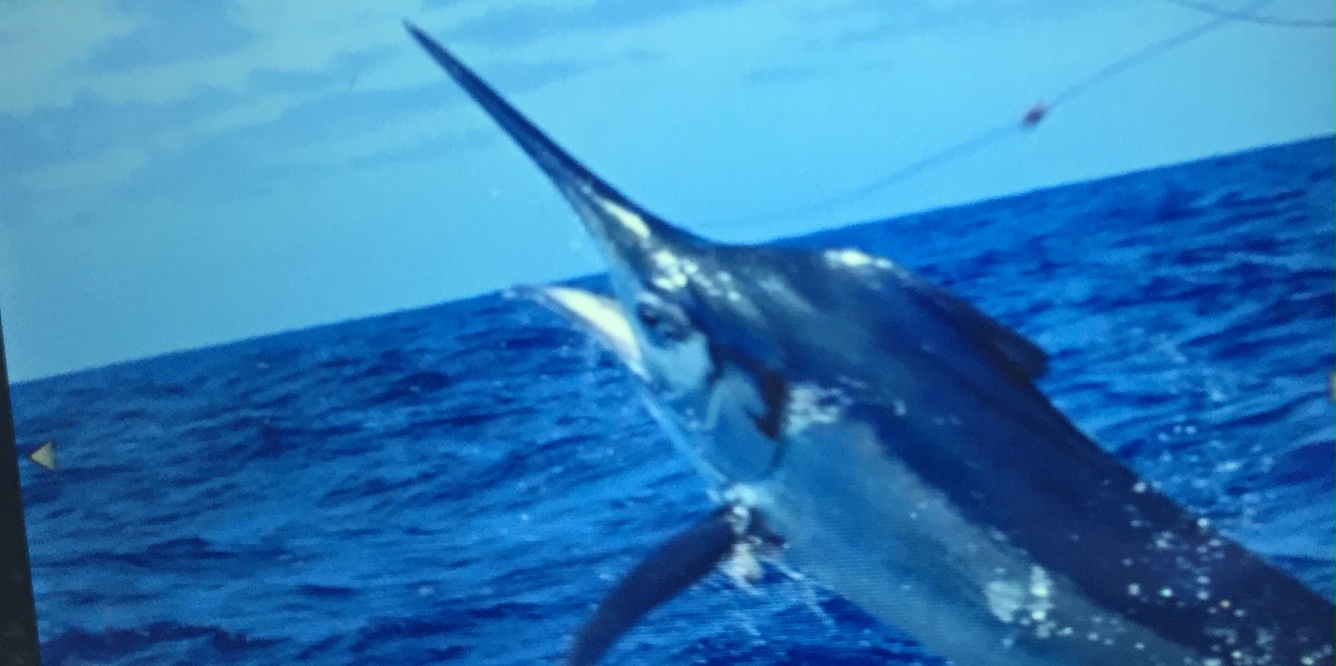Re: need perfect pitch to play trombone ?
The topic, “Perfect Pitch To Play the Trombone”is nearly a year old. There was very good and relevant discussion at that time. I was going to add this to the discussion, but there is an automatic message that pops up which encourages the start of a new thread. I saw the following article today and thought it was interesting in general. I’ve also included two videos with the article.
How Can You Tell If You Have Perfect Pitch?
Some famous musicians—from Mariah Carey to Jimi Hendrix—have a gift known as perfect pitch. What is it? Could you have it, too?
Mariah Carey, Ella Fitzgerald, Bing Crosby, Mozart, Beethoven, Jimi Hendrix, and Yanni. What do these musicians have in common? They're all said to have perfect pitch.
How rare is perfect pitch? If you don’t have it already, can you learn it?
What is perfect (or absolute) pitch?
Perfect pitch (technically known as absolute pitch) is the ability to identify, without effort, the pitch of a note.
Let's say someone plays a D on the piano. A person with perfect pitch—and the musical training to be able to name the notes—would be able to identify the note as a D without any reference. Or they might hear a note played and be able to reproduce it on an instrument without having to search for it. If you told someone who had vocal training and perfect pitch to sing a D, they'd be able to do it easily.
When someone can identify a note only when it's based on a reference note, that's called relative pitch. People with perfect pitch, on the other hand, don't need a reference note to label an audible tone correctly.
How rare is perfect pitch?
Out of every 10,000 people, only between 1 to 5 of them will have perfect pitch. Out of every 10,000 musicians, however, between 100 and 1100 (that’s 1-11%) may have the gift. Perfect pitch is also observed to run in families, which suggests it's at least partially genetic.
Perfect pitch is more common in cultures where the language is tonal. In tonal languages, the same word said in different tones has different meanings. (That's compared to cultures where tone indicates emotion and not meaning.) One study of music students found that 60 percent of Mandarin-speaking students who had studied music since the age of four or five had perfect pitch relative to only 14 percent of English-speaking students.
Some scientists argue that this could mean perfect pitch can be taught. That's especially true for someone who learns to alter and identify pitch from a young age, like when they're learning to speak their first language.
Other studies have shown that perfect pitch is more common among people with autism. One study of children age 7 to 13 found that those with autism were better able to tell apart two subtlely different tones and to remember melodies weeks later than neurotypical children in the same age group. This link is particularly intriguing because understanding perfect pitch may help us understand the genetic links to autism as well as possible treatment therapies.
Investigations into actual anatomical differences have found that the brains of people with perfect pitch look different. They have more grey matter in the area of the brain we suspect is responsible for identifying pitch, the right auditory cortex. Their right auditory cortex and their prefrontal cortex, also associated with music processing, is also thicker, suggesting more brain activity there.
In the color analogy, a person with perfect pitch could look at a shade of blue on someone’s sweater and then go to a paint store and find the exact shade from memory.
Interestingly, if you have perfect pitch, it’s apparently hard to understand not having it. (I say “apparently” because I was not gifted with such a high-functioning ear.)
To understand why this is, an analogy to color is often used. Imagine someone who can see all the colors and tell them apart but can’t tell you if something is “yellow” or “blue” unless they were shown a reference color like “red” first. For those of us who see color, this makes no sense! The same goes for those with perfect pitch when they try to understand why the rest of us can’t label a note when we hear it on its own. In the color analogy, a person with perfect pitch could look at a shade of blue on someone’s sweater and then go to a paint store and find the exact shade from memory.
So why is the ability to differentiate something like color so common but absolute pitch so rare? One group has suggested that maybe some component of perfect pitch is more common—let’s call it not-quite-perfect-but-better-than-only-capable-of-relevant pitch.
Work led by Dr. Elizabeth Margulis at the University of Arkansas suggests that even people without any formal music training can show signs of some aspect of absolute pitch. For example, they might be able to pick out individual notes that are off-key more easily for familiar scales like C-major (think the white keys on the piano) versus less common scales like those in D-flat major (mostly black piano keys).
Margulis and her team also find that our ability to track absolute pitch may affect how emotional we feel when listening to music. Participants in the study reported that the music felt tenser when it contained notes that were in the wrong key.
Can you learn to have perfect pitch?
Perfect pitch is thought to be some combination of innate ability, early childhood music exposure, and possibly training. So, if you didn’t start those music lessons at age five, is it too late for you? Historically, the belief was that you either have it or you don’t when it comes to perfect pitch. But a few recent studies have suggested that maybe the skill can be learned.
A few recent studies have suggested that perfect pitch can be learned.
In a small study of 17 students with varying musical backgrounds at the University of Chicago, researchers found that participants were better able to identify notes without a reference after a period of training. The training consisted of three 60-note sets for which the students were asked to identify each note after hearing it and received immediate feedback on whether or not their identification was correct. The students were not as good at identifying notes when tested again a few months later (without any additional training), but they were still better off than where they originally started.
One group even managed to “retune” people who did have perfect pitch by effectively over-writing their tonal knowledge to new values. (Going back to our color analogy, think of someone being told to reset so that purple is now yellow.) The title of that study was, appropriately, "Absolute pitch may not be so absolute."
How do you know if you have perfect pitch?
Searching for “perfect pitch test” online turns up dozens of results because there is generally no agreed-upon reliable test for perfect pitch, at least not for those of us who aren’t musically trained. So there are plenty of online tests to have some fun poking at the limitations of your skills, but if you really want to know if you have perfect pitch, you may have to see a professional.
JOIN THE SCIENCE CONVERSATION
Do you have perfect pitch? Have you learned to identify notes with musical training? I'd love to hear about it! Join the conversation on Facebook or Twitter. If you have a question that you’d like to see on a future episode, send me an email at everydayeinstein@quickanddirtytips.com. Stay in the science loop! Listen and subscribe on Apple, Spotify, or wherever you get your podcasts.
About the Author
Sabrina Stierwalt, PhD
Dr Sabrina Stierwalt earned a Ph.D. in Astronomy & Astrophysics from Cornell University and is now a Professor of Physics at Occidental College.





